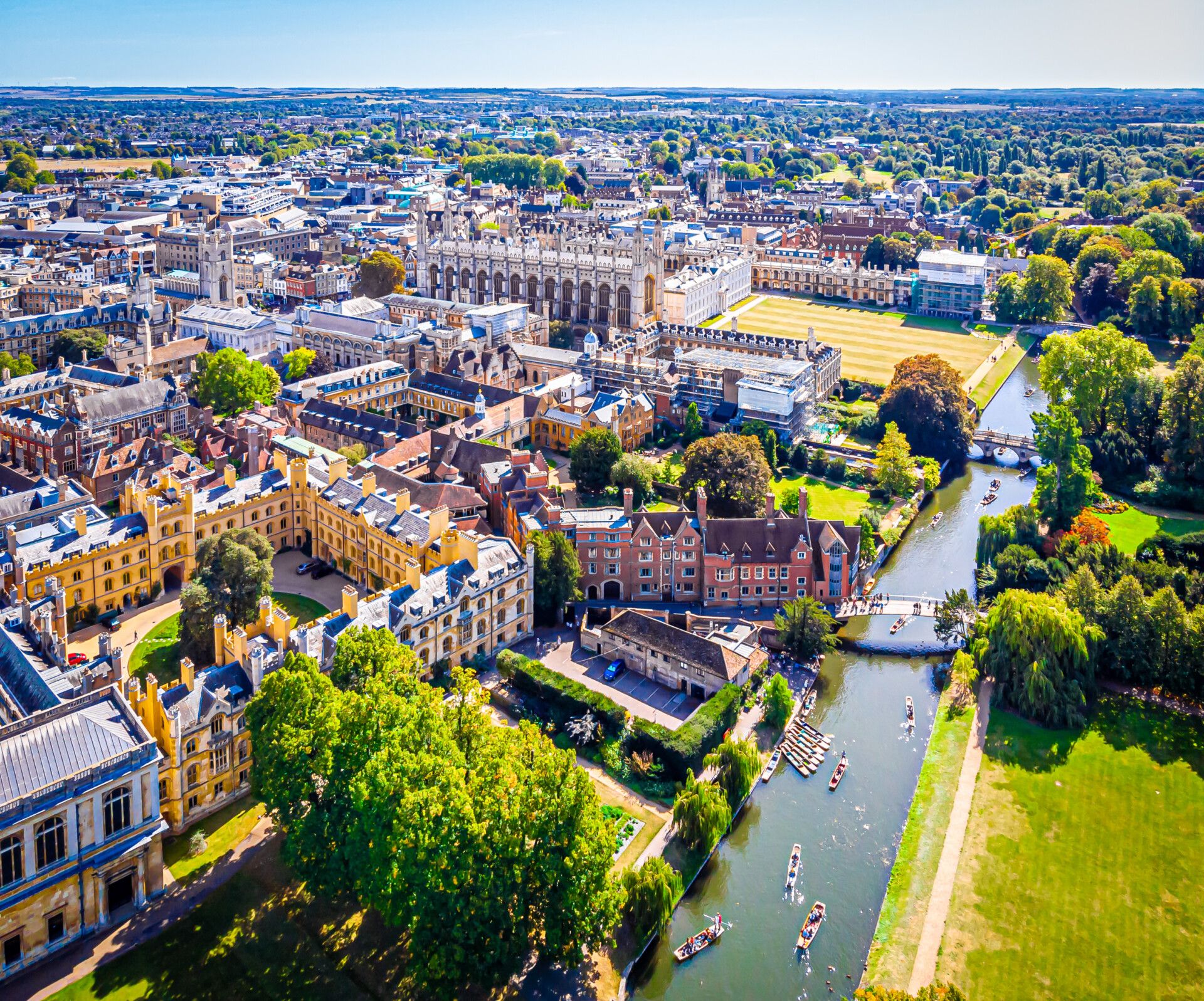This website uses cookies so that we can provide you with the best user experience possible. Cookie information is stored in your browser and performs functions such as recognising you when you return to our website and helping our team to understand which sections of the website you find most interesting and useful.
CAMBRIDGESHIRE COUNTY COUNCIL – HEAT DECARBONISATION STRATEGY
Cambridgeshire County Council (CCC) is committed to become fossil fuel free by 2025 and achieve net zero by 2050 as part of its climate change and environment strategy. RLB was appointed to develop heat decarbonisation plans for 22 council-owned properties across Cambridgeshire, which included corporate offices, children and family centres, libraries and community centres.
Desktop studies and detailed site surveys were carried out to gather information on the construction of buildings and existing services. Using this information, we created a baseline model for each building to identify suitable energy saving and carbon reduction measures, which included the reduction of heat demand, increased energy efficiency and the replacement of fossil fuel sourced heating systems with low-carbon alternatives.
At a glance
- ClientCambridgeshire County Council
- ServicesBuilt Asset Consultancy, Strategic Asset Management, Decarbonisation Delivery
- sectorPublic & Civic
- LocationCambridgeshire, United Kingdom
Fabric first approach
We followed a fabric first approach, with the aim of making the thermal performance of the existing building envelope as efficient as possible before proposing retrofit improvements. Next, we looked at how the control of building services systems could be optimised to reduce energy consumption. Finally, we reviewed the feasibility of implementing renewable and low-carbon technologies.
“Cambridgeshire County Council were impressed with RLB’s professionalism and management of this project, which included regular progress meetings with accompanying data. RLB was also receptive to our requests and feedback, and able to provide further supplementary analysis after the heat decarbonisation plans had been submitted.”Julian Leeming, Environmental Facilities Manager, Cambridgeshire County Council
For each proposed measure, energy and carbon savings were calculated along with cost analysis for all associated building works and infrastructure upgrades, as well as design and professional fees. Our accurate estimates of capital expenditure enabled CCC to explore available funding options, either internal or external through the Salix Finance framework.
Sustainable engineering expertise
Drawing on extensive knowledge of sustainable engineering, our building services engineering team adopted a holistic approach to building design, firstly considering the building envelope to ensure this was as efficient as possible before seeking to reduce the operational energy, reduce or cut out fossil fuel usage and pursue suitable renewable technologies. Similarly, our retrofit designers took a whole building approach to balance energy and the heritage significance of a building to provide an efficient, comfortable and heathy indoor environment.
We were really pleased with the successful delivery of the heat decarbonisation project for Cambridgeshire County Council. The fantastic feedback we received stands as a testament to the team’s innovative thinking and unified approach. Together, we were able to set a precedent for effective collaboration, providing meaningful data to our client, helping them visualise practical and deliverable decarbonisation strategies. This project exemplifies the pivotal role teamwork plays in shaping our nation’s cleaner, greener tomorrow.Jedd Davies, Associate – National Lead for Decarbonisation Delivery (BAC), RLB
Bespoke heat decarbonisation plans
With the variability in the design and construction of buildings, there was no ‘one size fits all’ solution. This is why we drew up a bespoke heat decarbonisation solution for each building, targeting key areas and various alternative options to enable CCC to accurately measure which solutions were the most viable.

FURTHER INFORMATION:

Jedd Davies
Sector
Related and Notable Projects...
-
Multidisciplinary excellence: building a better Sheffield as strategic delivery partner
SHEFFIELD CITY COUNCIL STRATEGIC DELIVERY PARTNER
View -
How RLB helped turn aspiration into artistic and architectural expression
SYDNEY MODERN
View -
Preserving old memories and making new ones
SHRINE OF REMEMBRANCE
View

